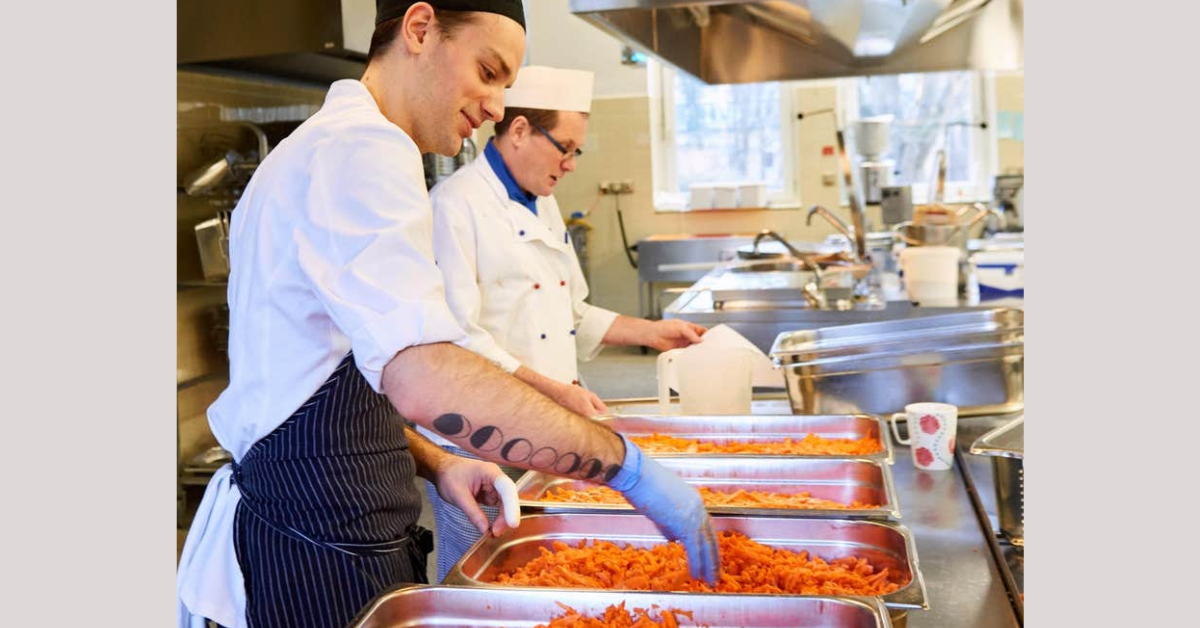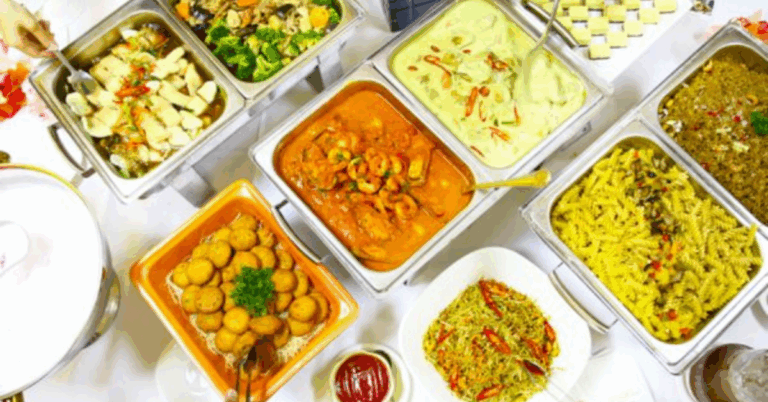Food Safety Course – Learn Key Hygiene Practices & Regulations
In today’s fast-paced world, where food is processed, transported, and consumed globally, taking a Food Safety Course is no longer optional — it’s essential. Whether you’re in the food business, handling ingredients, or simply want to protect your family at home, this type of training empowers us with the tools and knowledge to ensure every bite is safe. From personal hygiene to storage guidelines, a Food Safety Course forms the foundation for building trust, preventing contamination, and meeting strict regulatory standards in the food industry.
The Power of Food Safety Education
When we talk about food safety, we’re not just referring to preventing spoiled products. We’re talking about safeguarding lives. Contaminated food causes over 600 million illnesses globally each year. Learning about hygiene practices and safety regulations through structured training is how we begin to reduce that staggering number.
But let’s be honest — not all food safety training is created equal. The right course doesn’t just teach you what to do; it explains why it matters. It’s the difference between checking a box and transforming how we think about every stage of food handling.
Why Food Safety Matters More Than Ever
Foodborne illnesses aren’t just a health risk — they can destroy reputations, businesses, and even lead to legal consequences. In any setting, whether it’s a bustling restaurant kitchen or your own fridge at home, cross-contamination, improper cooking, or incorrect storage can trigger serious health issues. That’s why education isn’t just helpful — it’s crucial.
Courses designed around global food safety standards help us understand what it takes to meet compliance, build trust with customers, and promote a healthier community.
What You’ll Learn in a Food Safety Course
A well-designed course delivers a lot more than basic knowledge. It equips you with practical, usable skills and mindset shifts that stick for life. Here’s what we typically cover:
Core Principles of Hygiene
Hygiene is the backbone of food safety. A deep dive into personal hygiene covers:
Handwashing protocols
Proper attire for food handlers
Nail and hair safety
When and how to use gloves effectively
Hygiene isn’t just about appearance — it’s about preventing microbial transfer at every stage.
Understanding Contamination
Contamination can happen in ways we don’t always expect — through surfaces, utensils, or even airborne particles. You’ll learn:
The different types of contamination: biological, chemical, and physical
How to identify high-risk foods
Steps to prevent contamination in a shared environment
It’s empowering to walk into a kitchen or food plant knowing you can spot hazards and prevent them before they cause harm.
Safe Food Storage Practices
One of the biggest dangers in food service is temperature abuse. You’ll learn how to:
Maintain the cold chain
Understand the danger zone (40°F–140°F)
Properly label and rotate stock using the FIFO method
These practices aren’t just industry buzzwords — they’re non-negotiables in food safety compliance.
Cleaning and Sanitizing – Not the Same Thing
A surprising number of people think cleaning and sanitizing are interchangeable. In your course, you’ll clearly understand:
The difference between cleaning (removing dirt) and sanitizing (killing germs)
When and how to sanitize surfaces and equipment
The best products to use without causing food contamination
This section builds habits that will serve you for life — both professionally and personally.
Legal Responsibilities and Food Safety Laws
Ignorance isn’t a defense in food safety. Regulations change frequently, and knowing them is part of being a responsible operator. Courses typically include:
Local and global food safety regulations (like HACCP and FDA guidelines)
The consequences of non-compliance
Documentation and audit readiness
Regulatory clarity builds confidence. When you know what’s expected of you, it’s easier to rise above minimum standards.
Real-World Benefits of Certification
Once you’ve completed a food safety course, you’re not just walking away with a certificate — you’re walking away with leverage. Let’s talk about what that means in the real world.
For Business Owners and Managers
Whether you run a small café or a large-scale processing plant, training your team is the difference between a strong reputation and an avoidable scandal. Certification:
Reduces health inspection violations
Builds customer trust
Lowers insurance risks
Strengthens operational consistency
When your team speaks the same safety language, errors decrease, and efficiency goes up.
For Employees and Job Seekers
Want to stand out on a job application? A food safety certification shows initiative and responsibility. Many employers now require it. Holding this qualification:
Enhances your resume
Increases employability
Prepares you for leadership roles
Knowledge equals power — and in this case, opportunity.
For Home Cooks and Families
Think food safety doesn’t matter if you’re not in the industry? Think again. The same principles apply at home. By learning how to handle raw meat, store leftovers, and clean your kitchen properly, you protect your loved ones from invisible threats.
Building a Culture of Safety
The true goal of any food safety course isn’t just compliance — it’s cultural change. When we embed these practices into everyday routines, they become second nature. A great course helps us shift from reactive habits to proactive ones. We stop thinking of safety as an afterthought and start leading with it.
That’s what creates consistency. That’s what builds trust. That’s what saves lives.
Who Should Take a Food Safety Course?
The short answer? Everyone involved in food handling. The long answer?
Restaurant staff (servers, cooks, chefs, dishwashers)
Catering professionals
Food truck operators
Grocery store employees
Childcare workers
Home-based food entrepreneurs
Parents and caregivers
If food passes through your hands — even once — this education matters.
Elevate Your Food Safety Game
Investing in a food safety course isn’t about checking a box. It’s about equipping yourself and your team with the tools to succeed, grow, and protect what matters most — people.
When we prioritize education, we gain the power to prevent harm, improve health outcomes, and operate with confidence and clarity. Whether you’re in charge of a commercial kitchen or cooking for your kids, what you learn can quite literally change lives.
So let’s commit — together — to safer kitchens, stronger standards, and healthier communities.
Because when we know better, we do better. And that’s the essence of food safety.







